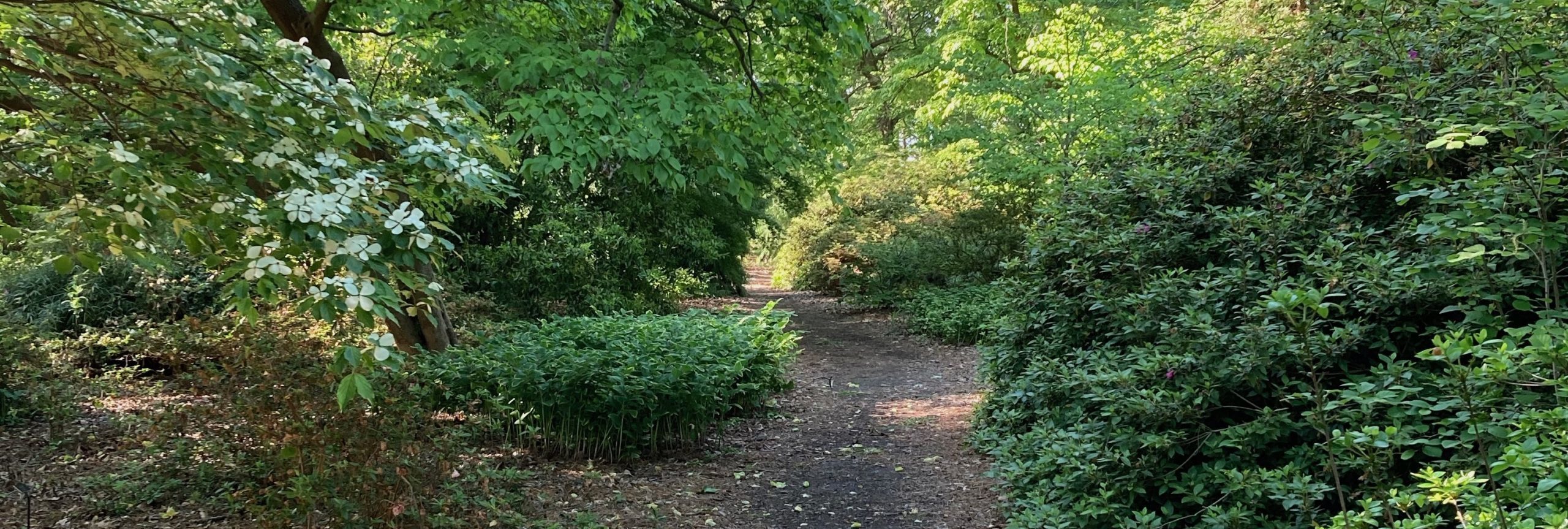 By Rob Ziegler
By Rob Ziegler
Night Shade Books, ASIN: B01A68YNM6
Hardcover, 341 pages. © 2011
In a world with runaway environmental change and collapsed governments, the remaining humans in the United States have two things in common: hunger, and thirst. Satori, an intelligent, living city rooted in the ruins of Old Denver, is the sole source of food for a starving nation. Her power comes in the form of barcoded seed, bioengineered by one of her Designers to survive the climate extremes. Satori’s seed can be used only once. It cannot be reproduced outside Satori’s control.
The U.S. government—what remains of it—sends Agent Sienna Doss to bring in the seeds’ Designer in order to break Satori’s monopoly in food production and regain some semblance of independence for its starving people. Ex-Army Ranger Doss is up for the challenge, but may have underestimated Satori’s will to survive.
Brood, a juvenile orphan barely scraping by with his younger brother Pollo, is attacked and left for dead. When he awakens, Pollo is gone, taken because the attackers believe he has the Tet, a new disease. A group of migrants can live well for a time on seed paid by Satori for Tet victims. Brood sets out to free Pollo before it’s too late.
As both Doss and Brood converge on Satori’s living dome, all three fight for survival—of themselves, and their kin. If Satori wins, humanity is doomed. Yet without her, there will be no seed. The outcome will determine the future for them all.
Seed is a dystopian story set in a post-apocalyptic world where climate catastrophe and a Monsanto-like mindset have been given center stage. Settings are entirely believable—dry hard-pan plains where little grows and topsoil drifts in a haze that turns the air brown. The search for resources, as well as extremes of heat and cold, keep characters on the move. Few animals remain to hunt. Water is a treasure worth killing for. Migrants band together if they want to survive, and no one welcomes a beggar.
Characters fit the roles set out for them by Author Rob Ziegler, as they would naturally exist given their circumstances. Teenaged Brood, orphaned as a young boy, is every bit as sharp as the pig-sticker he keeps in a sheath at the small of his back, and unwaveringly protective of his younger brother, autistic Pollo. As an ex-Ranger, Doss is no stranger to violence, and faces it with a coldness that felt authentic to her character. The antagonists, the Designers, are as cold and clinical as I would expect for engineered beings who are part of a sentient city. Yet all are doing what they must. Brood has no choice but to survive if he is to save Pollo, and he will do whatever it takes. Doss’s military past sets her path; she’s been given a mission, and she will see it completed, and protect those she sees threatened along the way. The Designers are doing what they feel is right for the Fathers who designed them, and for Satori, who sustains them. Their motivations are clear, but the mindset behind their decision-making process is not so well-defined. They are, after all, not human. Ziegler did a good job of portraying their unique and sometimes contradictory—to a human way of thinking—internal conflicts.
You should know up front that this debut novel is no light read. Instead, it moves from dark to darker. Laced with sex, violence, and a brutal struggle to survive, Seed delivers a visceral gut-punch that I found a bit depressing, especially given the ease with which this kind of catastrophe could become a reality. At times, the narrative was difficult to read. Thankfully, there is a ray of hope at the end, and I was glad to see Ziegler plant the seed of a better future for his characters. Still, the story leaves the reader with the heavy knowledge that a society fallen so far into the pit of desperation will have a hard-scrabble climb back to the light. There are no guarantees of success, and I suppose that’s part of the story’s message.
Seed is good, well worth reading for the quality of Ziegler’s writing, as well as for the cautionary tale it weaves.

